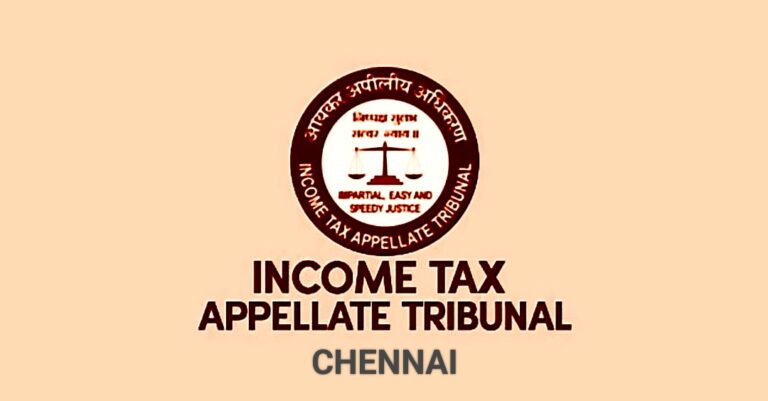In a significant development, the Income Tax Appellate Tribunal (ITAT) in Chennai has clarified that under Section 54F of the Income Tax Act, the exemption from long-term capital gains tax extends to the entire investment in a new residential property, encompassing both land and construction costs. This ruling holds particular relevance for taxpayers who acquire land before selling their original property, as it underscores that the timing of land purchase does not disqualify one from claiming the exemption.
Case Background
The case involved a taxpayer who had sold a capital asset and subsequently invested the proceeds in purchasing land and constructing a residential house. The Assessing Officer (AO) initially contested the claim, arguing that the land purchase occurred before the sale of the original asset, potentially violating the stipulations of Section 54F. However, the ITAT upheld the taxpayer’s position, emphasizing that the exemption applies to the entire investment in a new residential property, provided construction is completed within the statutory period.
Legal Provisions Under Section 54F
Section 54F offers relief from long-term capital gains tax on the sale of a capital asset other than a residential house, provided the net consideration is reinvested in purchasing or constructing a new residential house within a specified time frame. The key conditions include:
- The taxpayer must not own more than one residential house (other than the new one) at the time of the transfer.
- The new property must be purchased within one year before or two years after the date of transfer, or constructed within three years from the date of transfer.
- The entire sale proceeds must be utilized for the new property; otherwise, the exemption is proportionately reduced.
ITAT’s Interpretation
The ITAT’s interpretation aligns with earlier rulings that emphasize the substance over form. The tribunal noted that the essence of Section 54F is to encourage investment in residential property, and as long as the taxpayer fulfills the core requirement of reinvesting the capital gains within the stipulated period, the exemption should not be denied due to procedural nuances like the timing of land purchase.
Implications for Taxpayers
This ruling provides clarity for taxpayers who may have acquired land before selling their original property. It reassures them that such a sequence does not automatically disqualify them from claiming the Section 54F exemption, provided they meet all other conditions. Additionally, the decision highlights the importance of completing construction within the prescribed time frame to avail of the full exemption.
Conclusion
The ITAT Chennai’s ruling is a progressive step towards a more taxpayer-friendly interpretation of Section 54F. By focusing on the intent of the law—to promote investment in residential property—the tribunal has ensured that procedural technicalities do not hinder genuine taxpayers from benefiting from the exemption. This decision serves as a valuable precedent for similar cases in the future, reinforcing the principle that the substance of a transaction should take precedence over its form in tax matters.
For taxpayers considering reinvestment of capital gains under Section 54F, it is advisable to consult with tax professionals to ensure compliance with all stipulated conditions and to optimize the benefits of this exemption.
Case Name: DCIT vs. Vellore Subramanian Saravanan
Court: Income Tax Appellate Tribunal (ITAT), Chennai
Assessment Year: 2015-16
Citation: [2025] ITAT Chennai, ITA No. 1234/Chennai/2025
